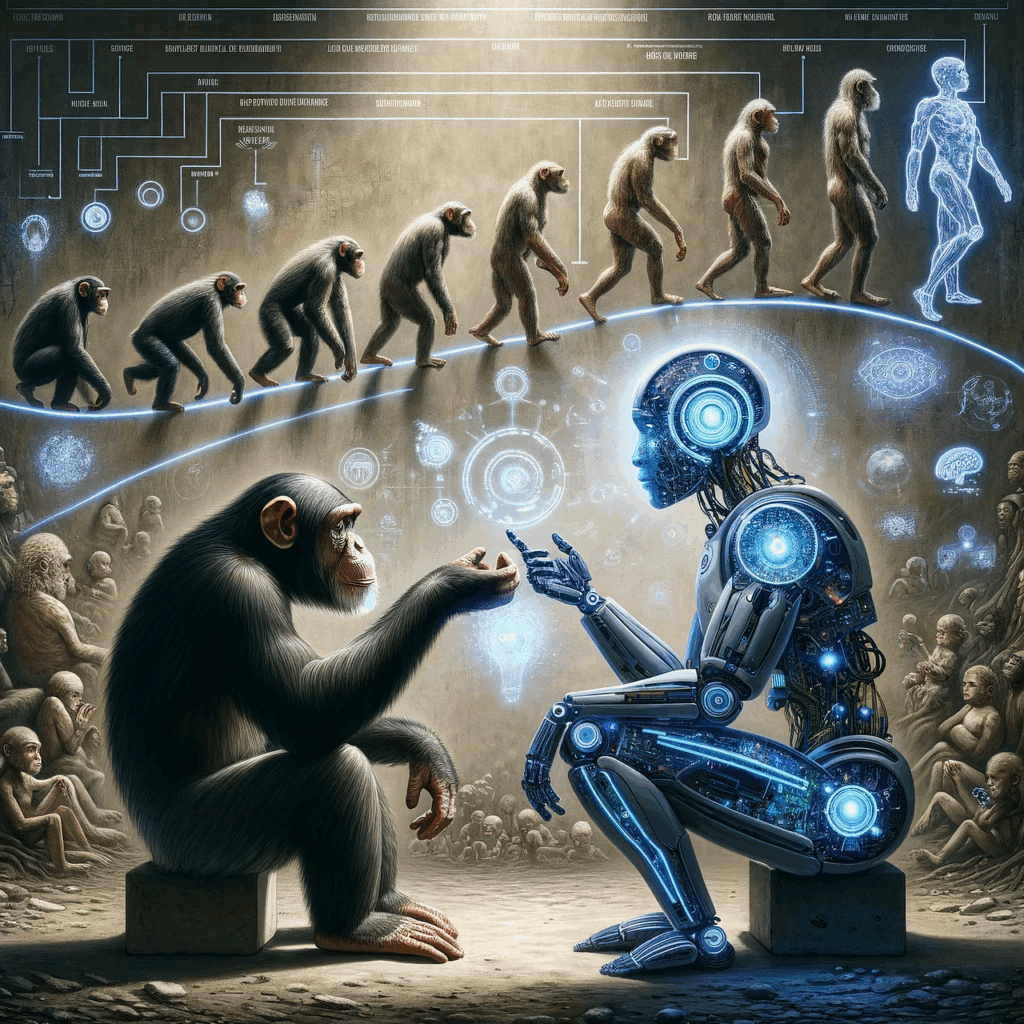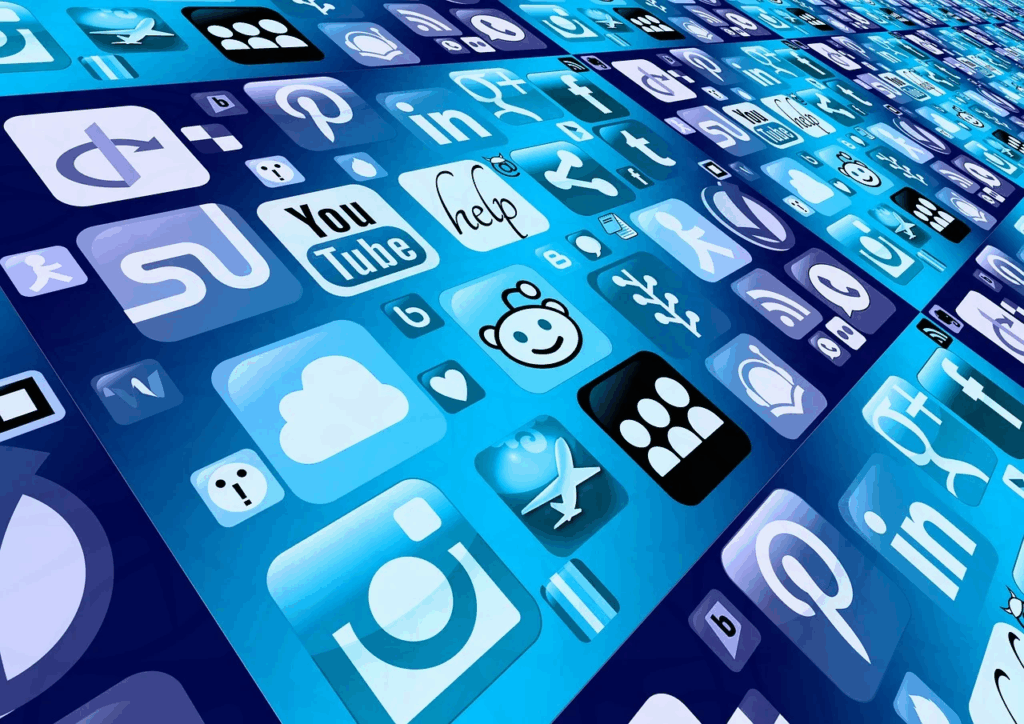
AI in Digital Marketing: Opportunities and Challenges in 2025
Img src: Pixabay
Here at 2iVentures, we’ve certainly seen lots of changes in digital marketing over the past decade. Every month a new tool, full of marketing promise, seems to pop up. But this year, in 2025, things feel different. No longer are we talking about automation, but about artificial intelligence. Perhaps this is the tool that will really reshape how we think, create, and connect with our potential customers. The first time we used AI in digital marketing was a couple of years ago, with an AI writing tool. Though it was certainly a fascinating step into the future, it felt clunky and rough around the edges. Now we can see systems that can generate whole marketing campaigns, analyse audiences, provide SEO services, and even predict the wants of customers before they click. On the one hand it’s super exciting. Yet it’s also a little scary.
The Evolution of AI in Digital Marketing
You can probably remember your first interaction with a chatbot a couple of years ago. It was often pretty hilarious and uncanny valley, and could barely answer a question. Fast forward to today, and the use of AI in digital marketing has evolved to the point where it can access all sorts of tools. These include systems to write original content, analyse and plan ad budgets and forecast future trends. Being stuck in endless spreadsheets is now a thing of the past, as it’s so simple to make quick and smart decisions using AI dashboards. AI has also proved to be a massive time saver, with what used to take hours being done in seconds. But speed isn’t the real benefit here. It’s the confidence we can have in the data. Now we can really learn about our customers wants and needs in a manner a spreadsheet never could.

Personalized Customer Experiences at Scale
Thanks to AI in digital marketing, we are able to focus more on “personalisation.” With AI targeted online traffic generation services, we can design campaigns to ensure that we get the customer and the customer gets the meaning behind the branding. As AI can watch and decipher behaviour patterns, preferences, and even tone, we’re better able to serve the right message at the right time. Brands can now offer different massages to each individual shopper. As you can imagine, this targeted advertising oversees a huge jump in sales. In truth, it’s not all down to the new technology. But rather understanding the human experience better. Rather than targeting people and trying a hard sales pitch, AI helps to make them feel understood. Yes, we’ll admit it’s a fine line. However, it’s best to consider the goal of being about making connections as opposed to control.
Automation and Efficiency: Transforming Marketing Operations
Over the last few years, automation has been a boon to so many online marketers. Before we had AI in digital marketing, having to oversee multiple platforms and campaigns was a pain and exhausting. There was scheduling, testing, and reporting. All stuff that consumed the whole day. Now with AI, all these tasks are handled seamlessly and quickly. To be honest, it feels like having your own personal assistant who keeps everything organised for you. However, these systems are still not perfect. They can make strange choices or misread tone. This makes AI great for speed, but less reliable for things that require judgement. Because of this, we suggest you let AI handle the math, while you handle the empathy.

Generative AI and Creative Content Production
In many ways, AI in digital marketing has turned creativity on its head. Now almost every digital marketing agency is using AI tools to brainstorm logo ideas and copywriters use it for draft campaigns. It’s like having a super-creative partner that never sleeps. Some people believe that AI is a threat to originality. However, others see it as simply a mirror that reflects what we feed it. For example, if we give AI strong ideas, we’ll receive back stronger inspiration. We have embraced AI as a means to reimagine tired brands and product lines, with new and exciting images and visuals being suggested. It’s like AI provides the fuel, yet the creative choices remain human.
Data Privacy, Ethics, and Transparency Challenges
This is where things can get tricky. All AI in digital marketing requires plenty of data. Yet this data has to come from real people who will also have real concerns regarding their privacy. Consumers are becoming more aware of not only how their information is used but also their rights. At the end of the day, we all want honesty. We’ve seen customers lose trust in brands because the companies pushed too far. Regulations like the GDPR and new 2025 EU AI Act are a reminder that as marketers, we have responsibilities. In many ways, if you want to survive, then you’ll need to be transparent. We always ask clients to think about how they would like their personal data treated before they ask AI to perform any form of data trawl.

Conclusion: Balancing Innovation with Responsibility
Many marketers worry that AI will drain the fun out of digital marketing. Things like social media campaign management services will become dull and boring tasks. After all, new technologies now make things faster, smarter, and much cheaper. However, we believe that it can’t replace authenticity. For now! As a marketer, there’s no need to chase each new tool that comes out, but AI really is something special. It’s a good idea to put it to the test. Learn from it, though be sure to use it responsibly. It could be argued that AI in itself isn’t an enemy of creativity, as our humour, judgement, and curiosity is what makes campaigns come alive. In this way, providing we can keep the human element in the centre, AI will help drive digital marketing to new heights.





